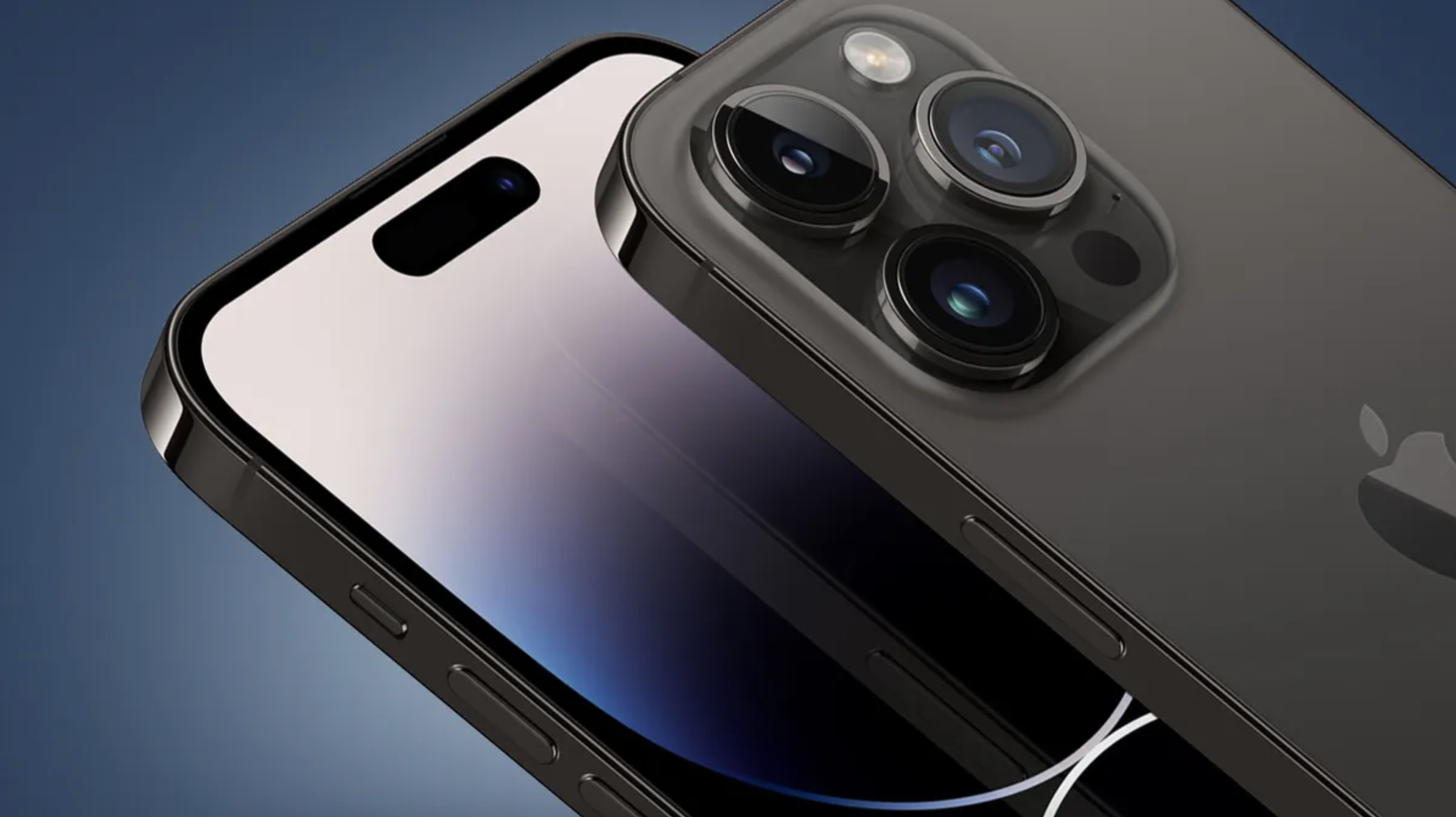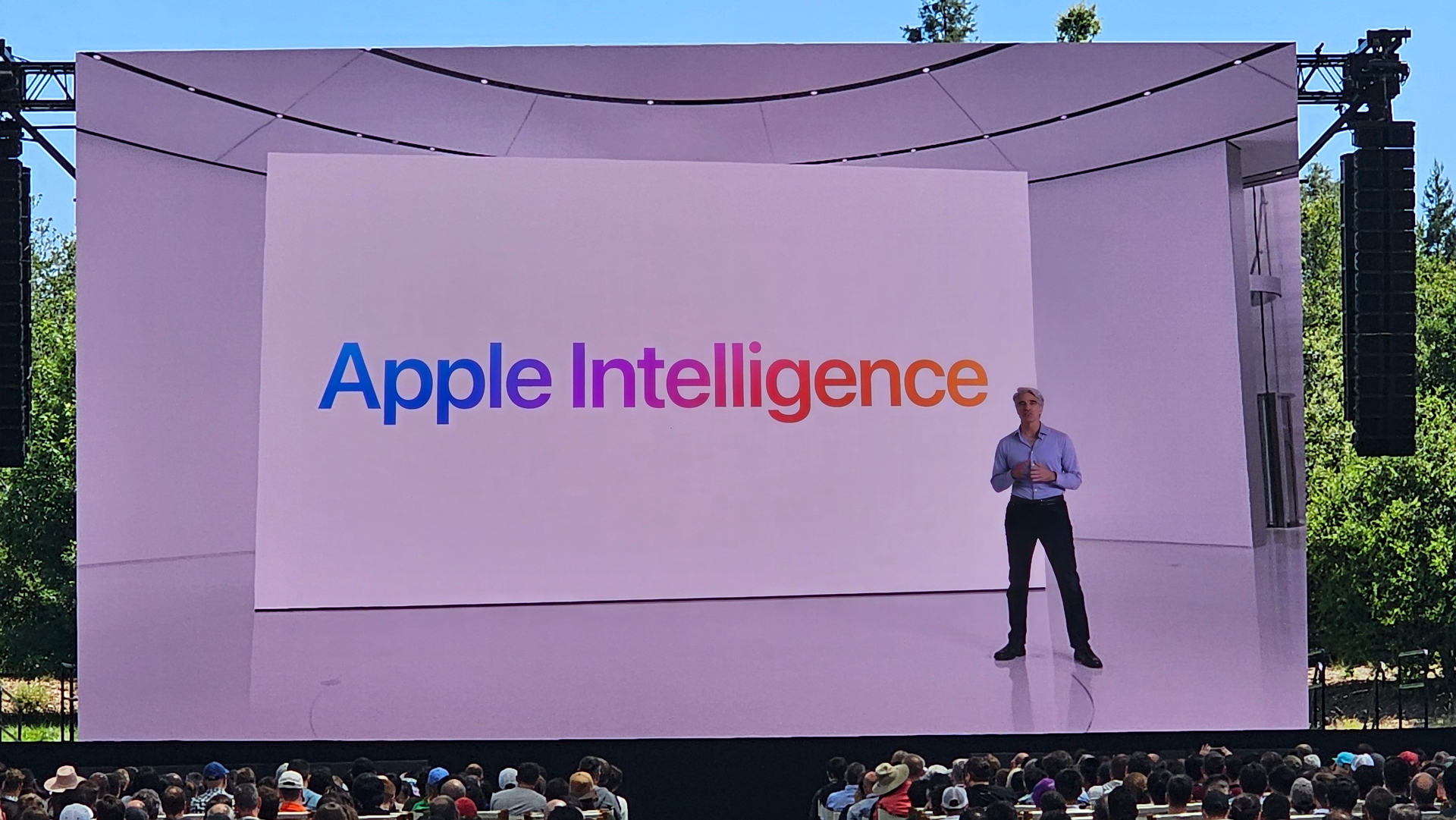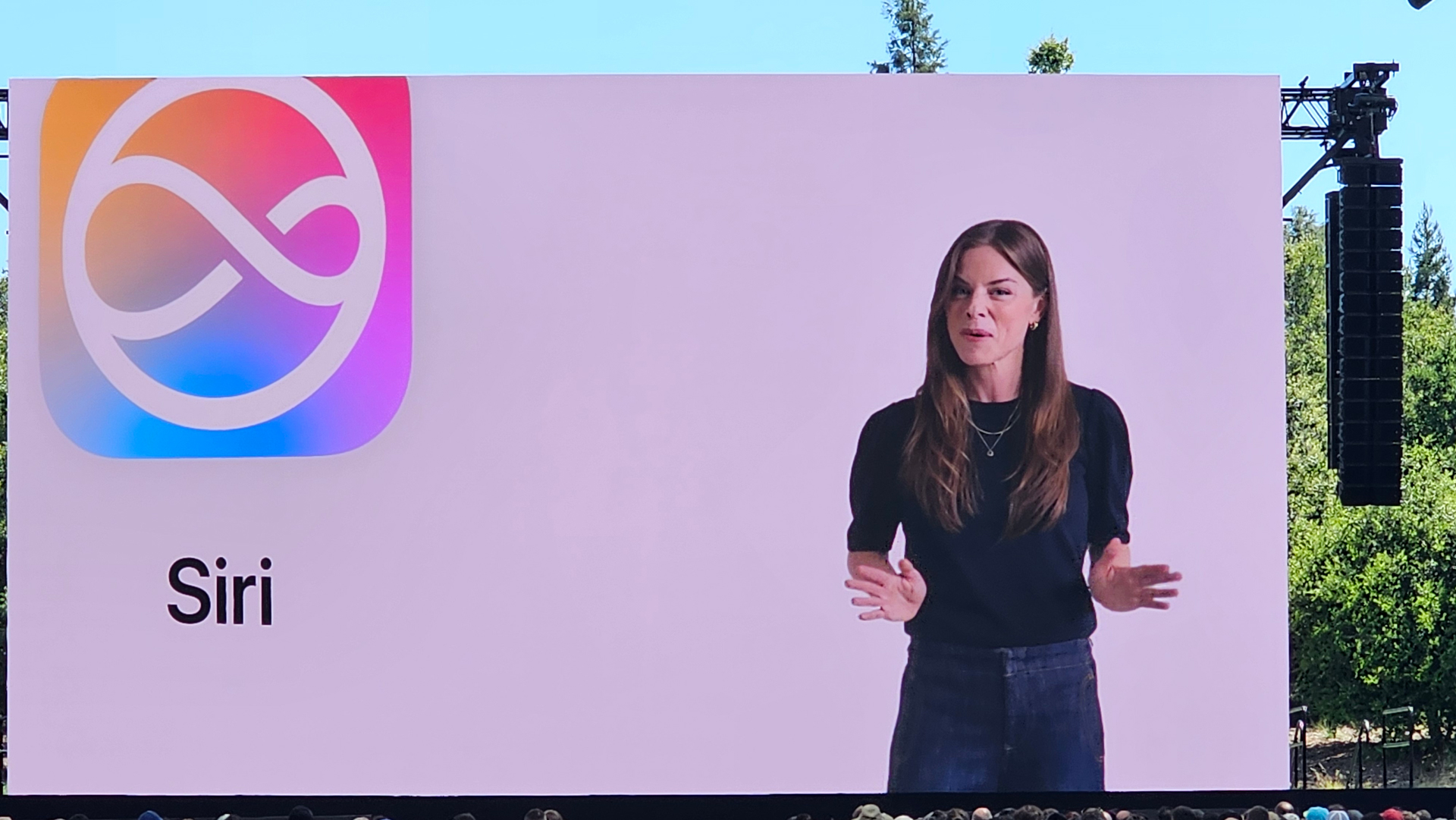This is why the cheapest iPhone 16 will probably be ready for Apple Intelligence
Memory is a funny thing

Sign up for breaking news, reviews, opinion, top tech deals, and more.
You are now subscribed
Your newsletter sign-up was successful
Apple's split-level approach to AI appeals to me. I appreciate that Apple recognizes that some of its bigger generative models need more room to compute. It makes sense to treat the local and cloud planes as one persistent AI channel, a sort of permanent Bifrost between AI worlds.
Apple leaving behind new phones like the iPhone 15 in its first foray into generative AI is less condonable.
For days now, I’ve been rolling about Apple's explanation in my head. Craig Federighi told an audience at a post-WWDC 2024 keynote chat that the iPhone 15 Pro and iPhone Pro Max's A17 Pro neural engine is "twice as powerful as the generation before." Put another way, the iPhone 15's A16 Bionic isn’t fast enough and lacks the “architecture.”
Okay, but what does that really mean? There is a 1-nanometer difference between the A16 Bionic (4nm) and the A17 Pro (3nm), but that usually has more to do with efficiency (battery life) than power.
What's more, the A16 Bionic is capable of many on-device machine learning tasks, meaning it’s not without AI understanding. But Generative AI, creating something new out of inferences and prompts based on data it can churn through models of varying sizes, is something different.
At least, I think it is.

One thing we know is that even the A17 Pro and the M1 through M4 Apple Silicon chips also have their limits. That’s why Apple Intelligence will sometimes send the prompt to the Private Compute Cloud, where all of Apple’s large generative models live.
Sign up for breaking news, reviews, opinion, top tech deals, and more.
I guess this means it’s all about processing power, and a cloud-based server offers more than a mobile device. Apple, however, said these clouds are built around Apple Silicon. So, are they more powerful? There's a theory that gives me hope for the next generation of baseline iPhone models and their ability to support Apple Intelligence.
After the keynote, I heard some people surmising that the reason the iPhone 15 couldn't support Apple Intelligence was not because of the chip, it was because of the memory.
Apple's base iPhone 15 model has 6 GB of RAM, which is not a terrible number and just 2 GB below that of the Pro and Max models. Many of the latest AI-capable Android Phones, like the Samsung Galaxy S24 Ultra and Google Pixel 8 Pro, pack 12 GB of RAM and don’t even promise to keep the AI local.
I’m betting the iPhone 15 could support Apple Intelligence, but owing to the memory size, only the smallest generative models. This would mean a very limited, and perhaps unsatisfactory, generative AI experience.

Now, I still think there’s some performance at play here, too. The A17 Pro is a more powerful chip, but part comes from a better neural engine and part comes from a larger memory pool. The combination is enough to support a better Apple Intelligence experience.
If I’m right, every iPhone 16 model that may arrive in September will ship with 8GB of RAM, and either an A18 or A18 Pro mobile CPU, and every single one of them will support Apple Intelligence and that fresh, new Siri.
The base iPhone 16 model still might not support as many generative models as the iPhone 16 Pro and Pro Max, but iPhone 16 owners may never notice because Apple won't signal when Apple Intelligence works locally or uses that Private Compute Cloud.
Frustration over the lack of Apple Intelligence for more affordable best iPhones (or the one you just bought last week) is warranted, but if you want to trade up later this year to a still reasonably-priced iPhone without losing access to Apple Intelligence, I may have an iPhone 16 with 8 GB of RAM to show you.
You might also like
- Apple finally threw out the Siri script and I couldn't be happier ...
- The next Siri will make it look like you're squishing your phone and ...
- "It is very early innings here," says Apple's Craig Federighi on the ...
- MacOS Sequoia's wildest update – iPhone mirroring – might be ...
- AirPods Pro 2 are getting 5 cool free upgrades in iOS 18 – here are ...
- How to download the iOS 18 beta on your iPhone
- 11 super-useful iOS 18 tricks that could change how you use your ...

A 38-year industry veteran and award-winning journalist, Lance has covered technology since PCs were the size of suitcases and “on line” meant “waiting.” He’s a former Lifewire Editor-in-Chief, Mashable Editor-in-Chief, and, before that, Editor in Chief of PCMag.com and Senior Vice President of Content for Ziff Davis, Inc. He also wrote a popular, weekly tech column for Medium called The Upgrade.
Lance Ulanoff makes frequent appearances on national, international, and local news programs including Live with Kelly and Mark, the Today Show, Good Morning America, CNBC, CNN, and the BBC.